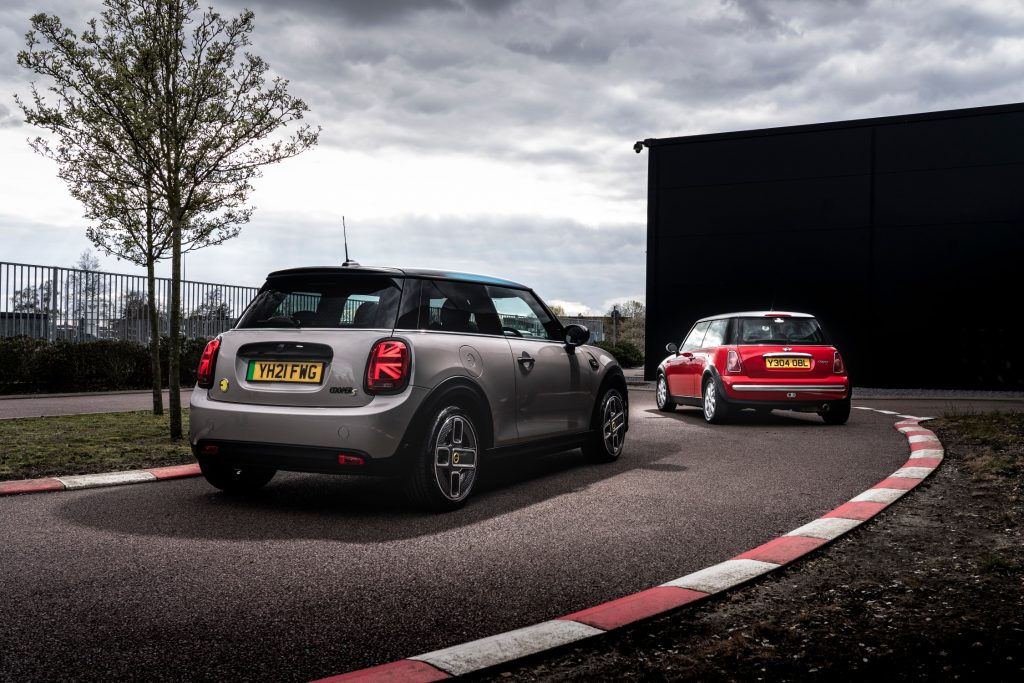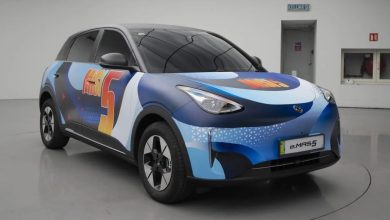The New MINI Celebrates Its 20th Year In Production In 2021
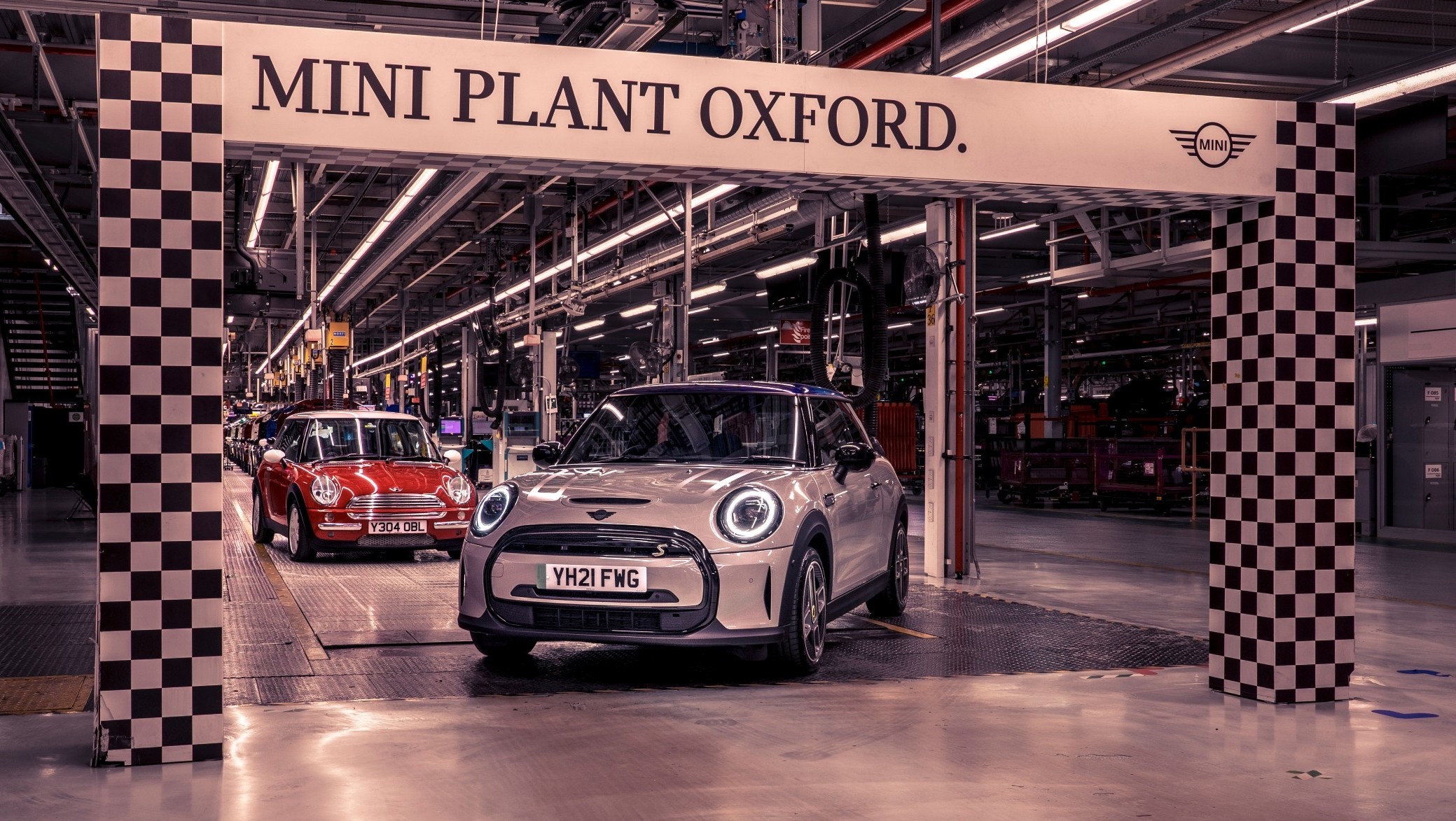
It has been two decades already since the production began for the new BMW MINI.
MINI has celebrated a rather momentous milestone recently, as the premium British automaker marks two decades since the first production version of this revitalised hatchback rolled off its UK assembly line in Oxford on the 26th of April 2001.
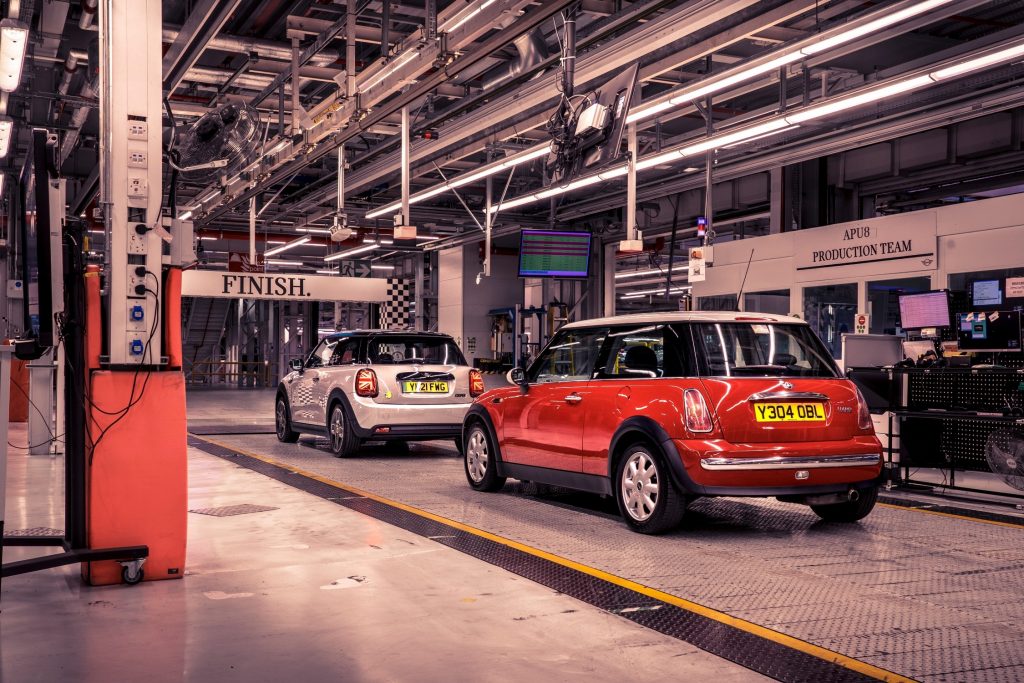
More impressively however is perhaps the fact that since BMW breathed new life into MINI as its own standalone marque back at the turn of this new millennium, over 5 million of cars bearing that iconic name has since rolled off the British production line within the last 20 years. Though even that figure is probably slightly overshadowed by the fact that around 1,000 new MINIs are currently being made every single day, with one supposedly being produced every 67 seconds.
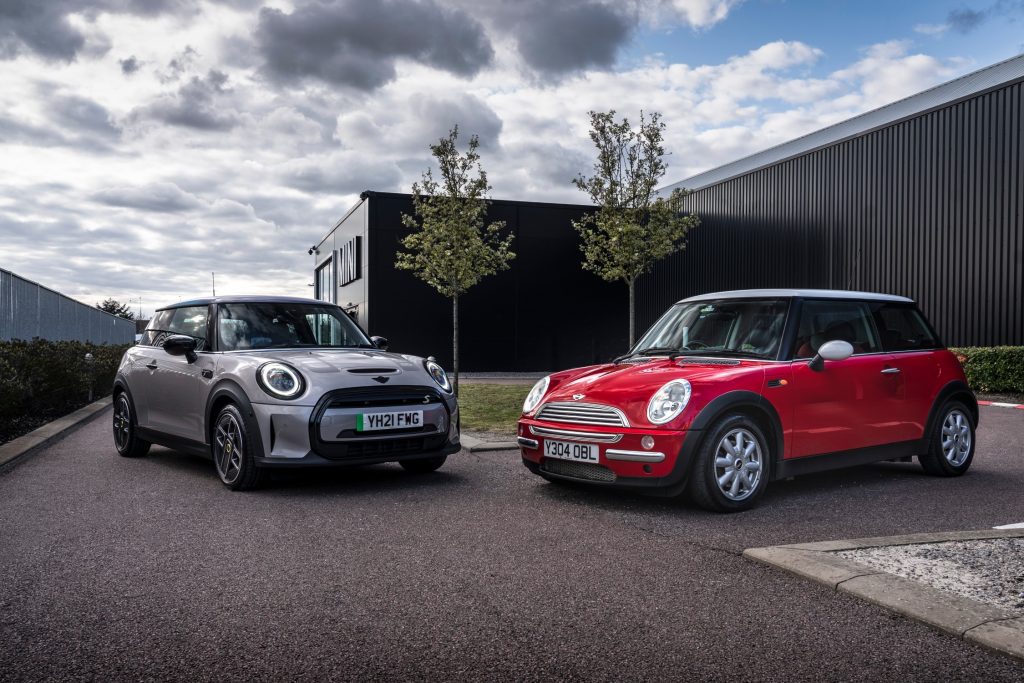
In order to achieve these staggering production figures, over 4,500 employees (including 130 apprentices) are currently under the employ of MINI at the two of its UK production sites: Swindon, where the body parts are made; and Oxford, where final assembly occurs.
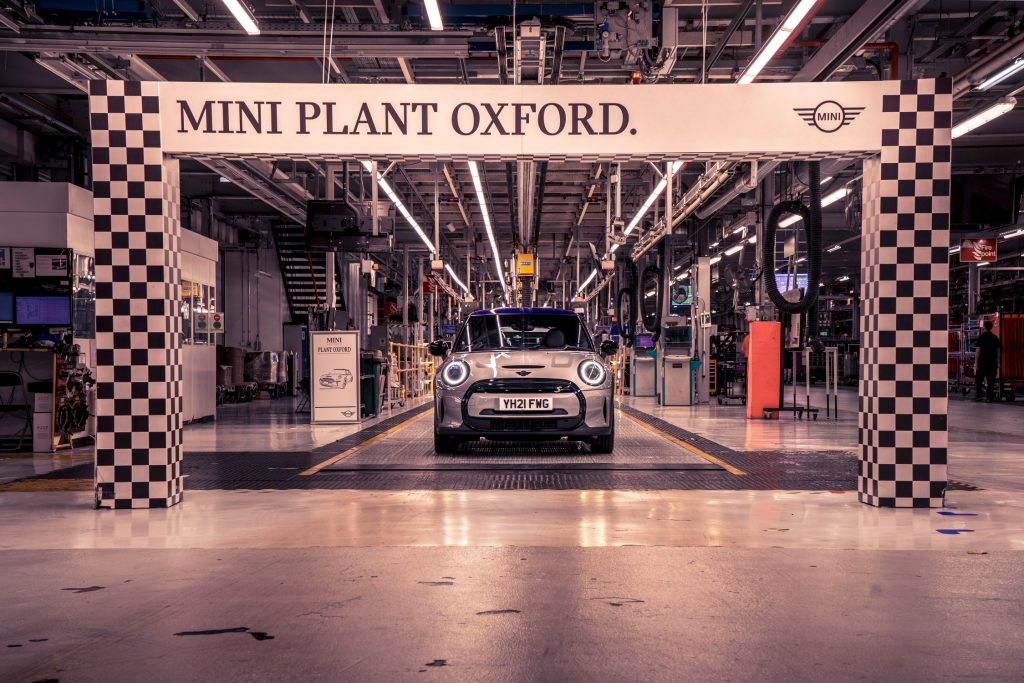
Speaking further about these two plants, both these locations do actually have an auto production heritage that are about as old as the original Alec Issigonis-designed Mini. The Swindon site has been a place where making cars for some 65 years already, having originally been a Morris production plant all those years ago. The Oxford plot on the other hand has an car making history that dates back 108 years to 1914, and was incidentally the first place in the UK to debut the Ford-style rolling assembly line.
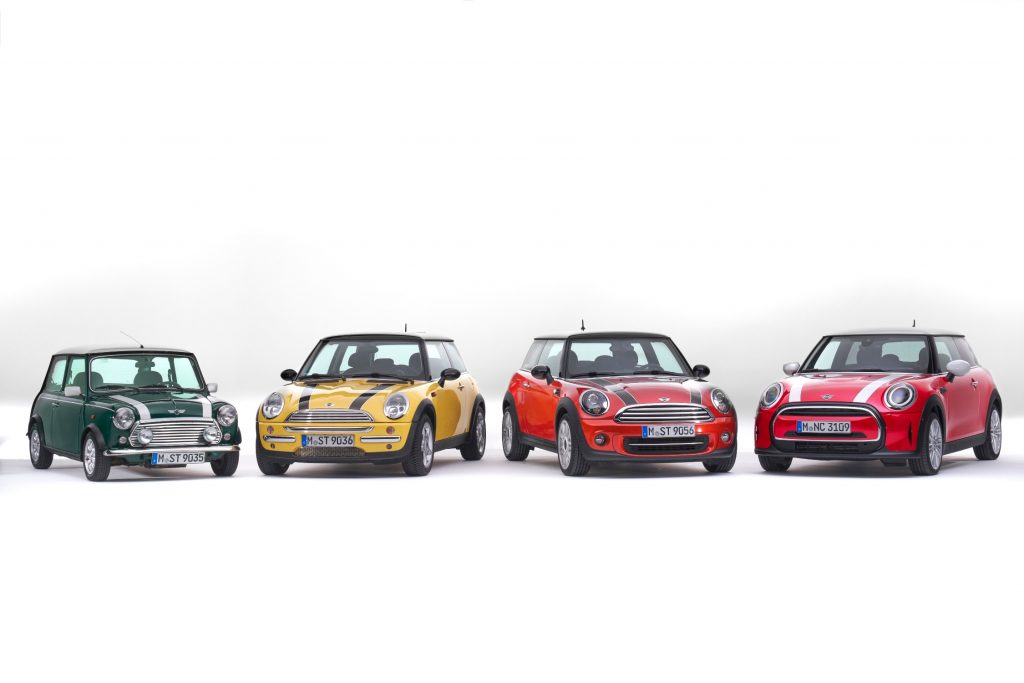
On the topic of assembly lines, 3-door, 5-door and Clubman models are still currently rolling off the same assembly line at a completely rebuilt Plant Oxford today. It is nevertheless worth noting that the UK doesn’t hold the monopoly on MINI production any more, with the latest iteration MINIs being locally assembled in other regions like the Netherlands (which also incidentally is the sole production location for the Convertible), Indonesia and even Malaysia.
For those who want an exclusively British-built MINI however, Plant Oxford remains the sole production site for the rather popular all-electric MINI SE. Seeing that this British marque is planning to debut its last fuel-burning car in 2025 before transitioning to a fully-EV lineup by the 2030s though, it will only be a matter of time for assembly of these e-MINIs to make it outside its British borders.
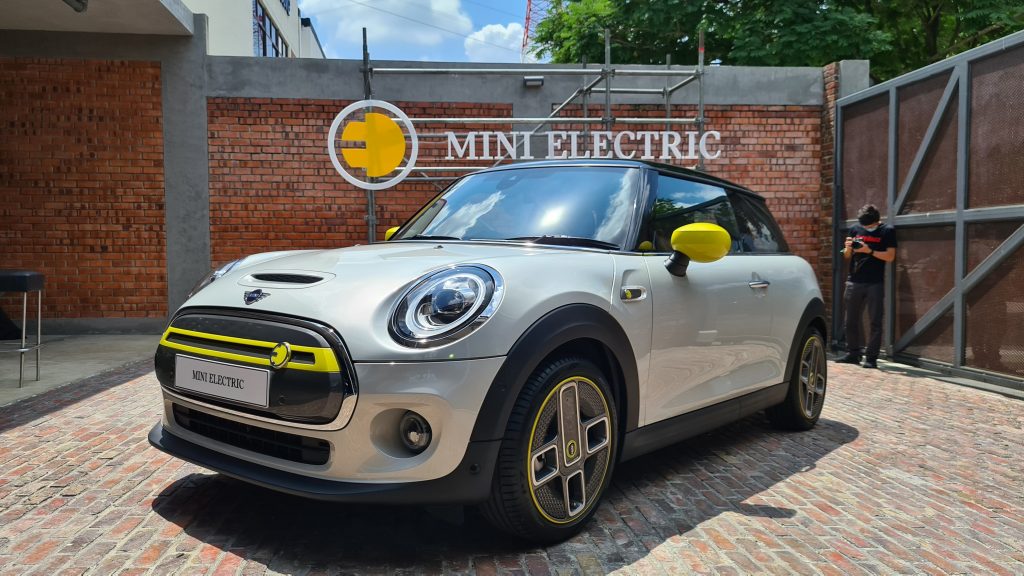
The history of the modern MINI manufacturing in Great Britain
26 April 2001
- Start of MINI production at the Oxford plant.
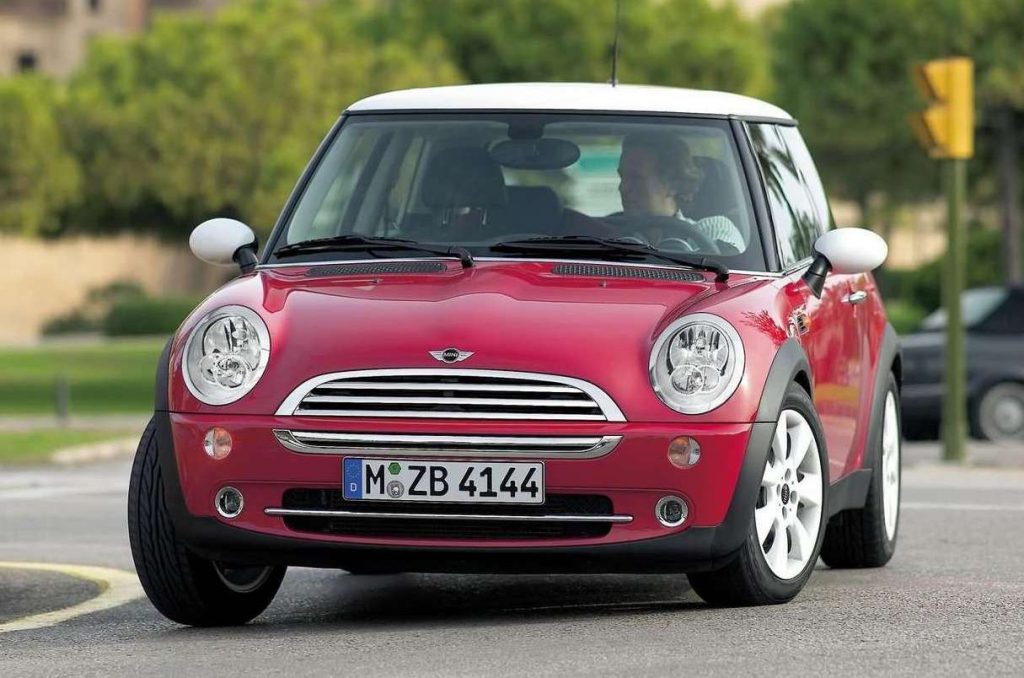
2002
- Only 13 months after the start of production, the 100,000th MINI already has come of the production line at the Oxford plant.
2004
- BMW Group announces a £40 million investment at Plant Swindon.
- The MINI Convertible is presented.
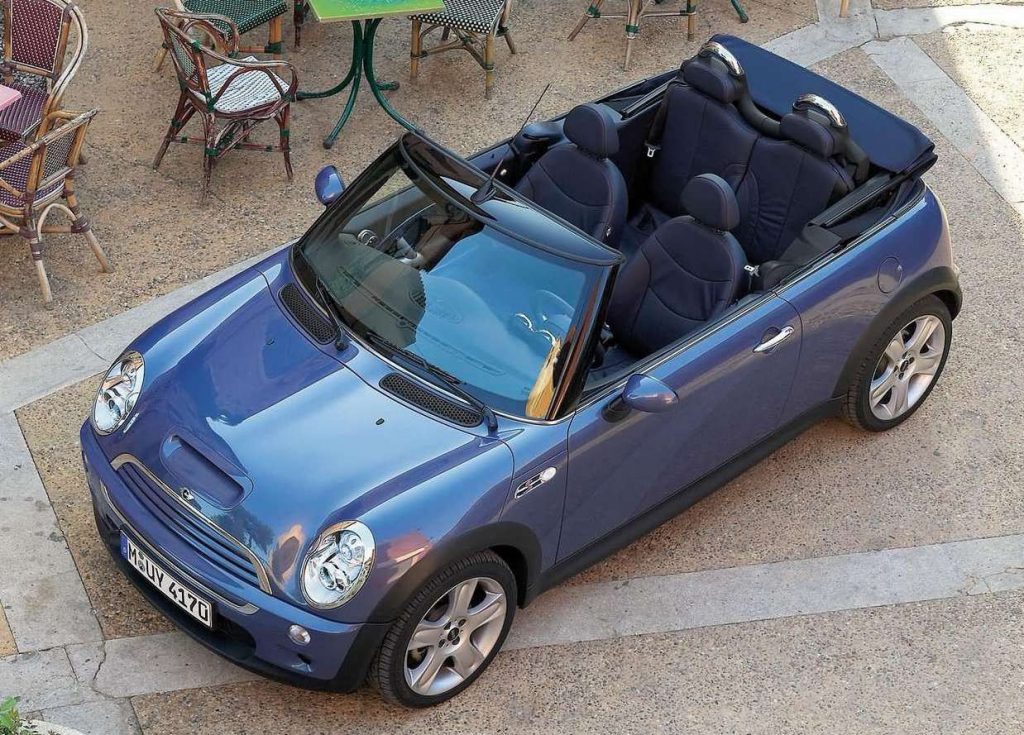
2006
- The Hams Hall plant produces a new generation of engines and supplies Oxford for MINI production, creating the British MINI production triangle of three plants.
- The MINI Cooper S with John Cooper Works GP Kit is unveiled.
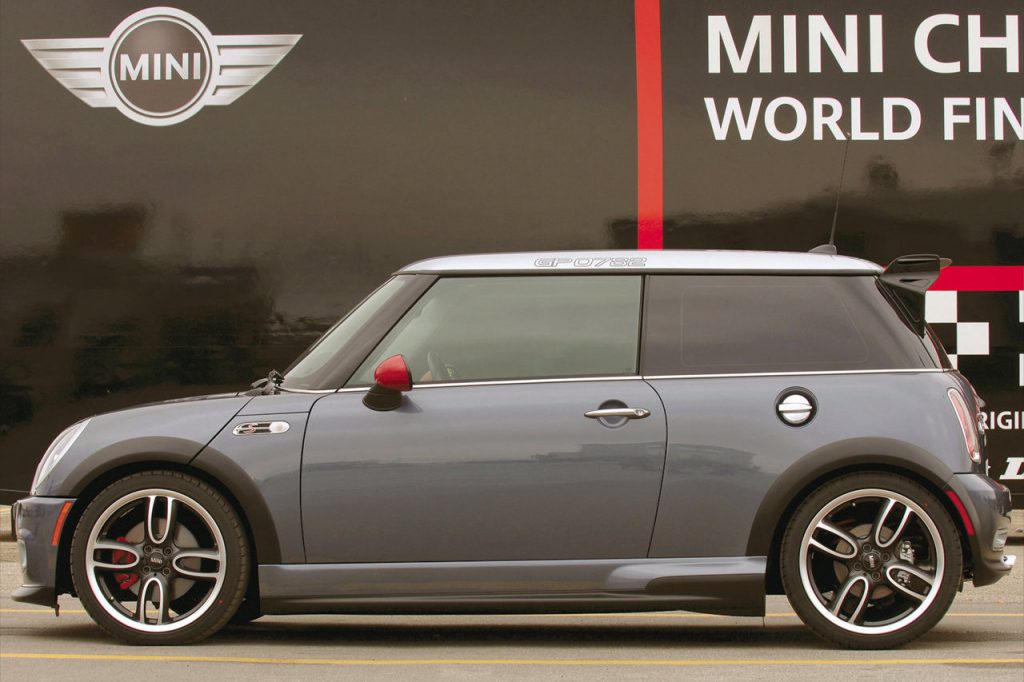
2007
- The MINI Plant Oxford pioneers innovative paint technology. The Oxford plant is the first BMW Group production site to use IPP (Integrated Paint Process).
- This highly innovative system brings energy savings and emission reductions of well over ten percent in the painting of bodyshells.
2008
- The new MINI Clubman is launched.
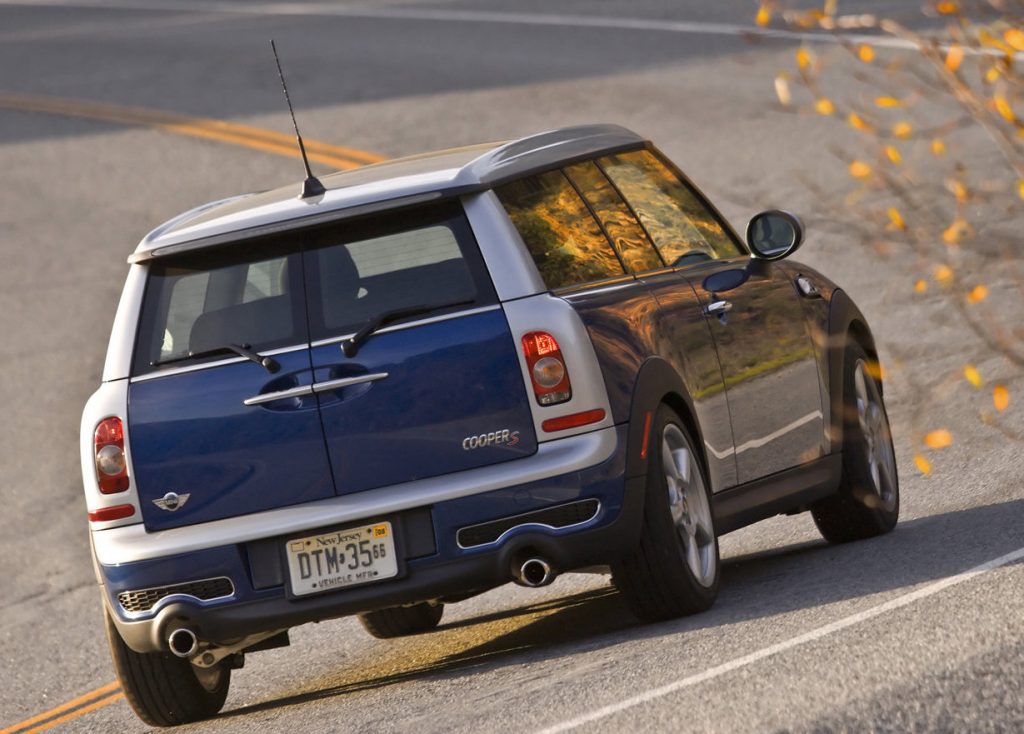
2009
- Start of the MINI E trials, supported by the British government. Worldwide field trial by the BMW Group to evaluate the technical and social aspects of living with a fully electric vehicle in everyday life.
2010
- The brand’s first all-wheel-drive model, the MINI Countryman, is launched.
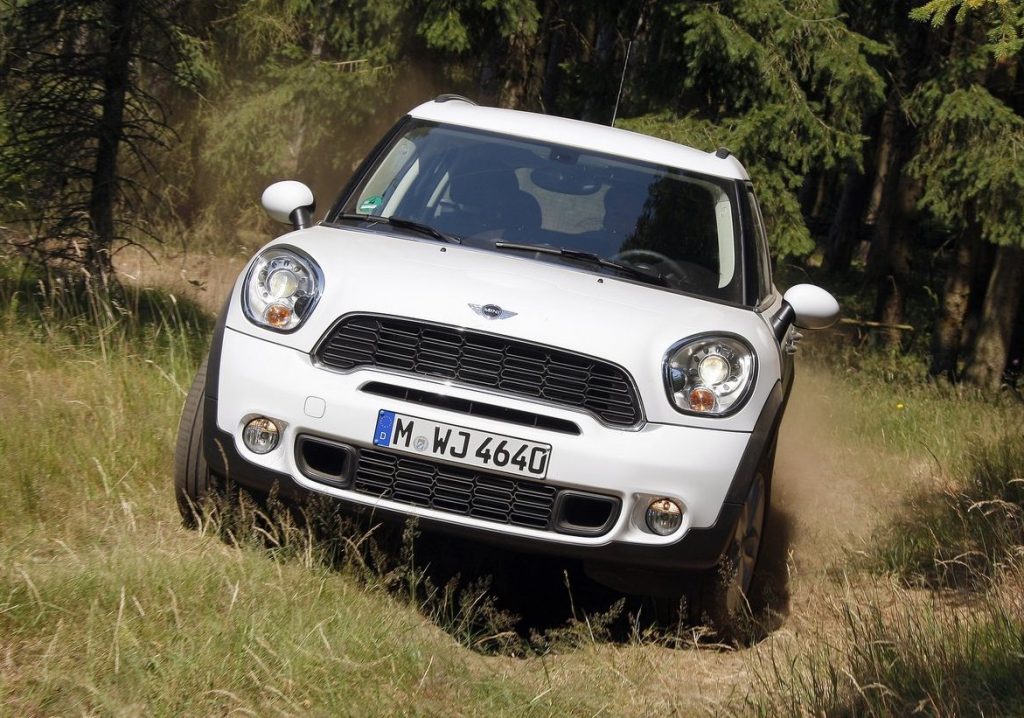
2011
- Expansion of the model range to include the MINI Coupé.
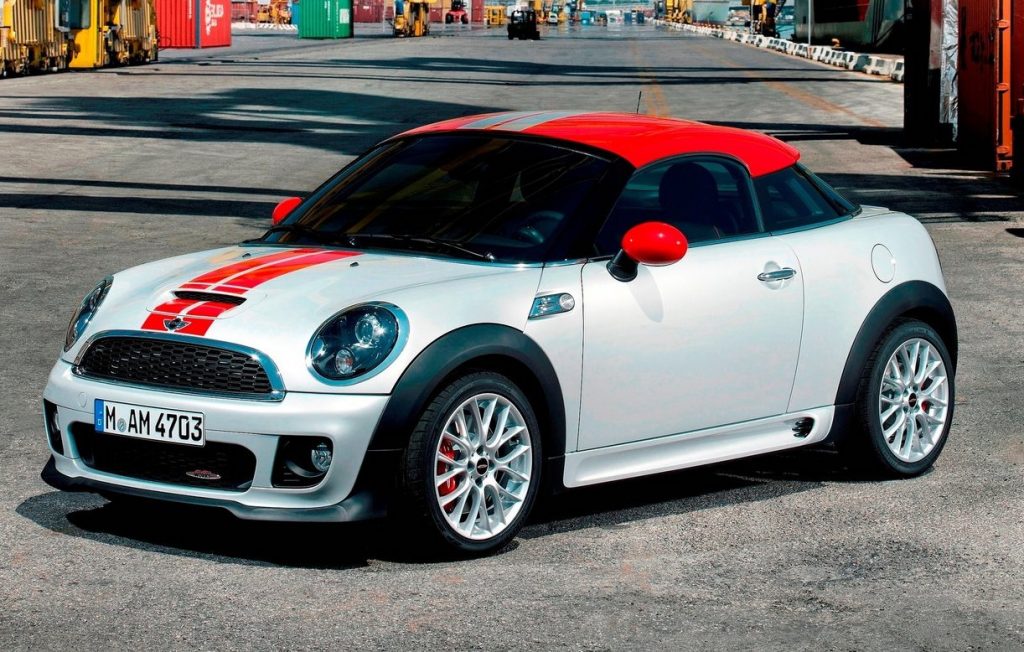
2012
- The MINI Roadster is launched.
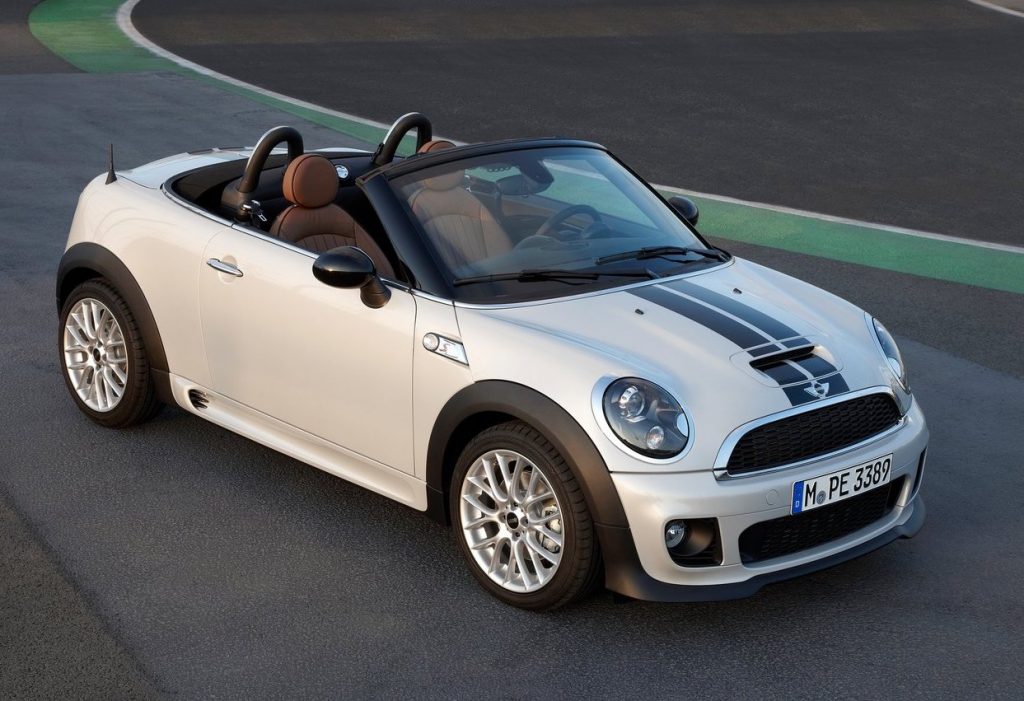
2013
- Premiere for the MINI Paceman.
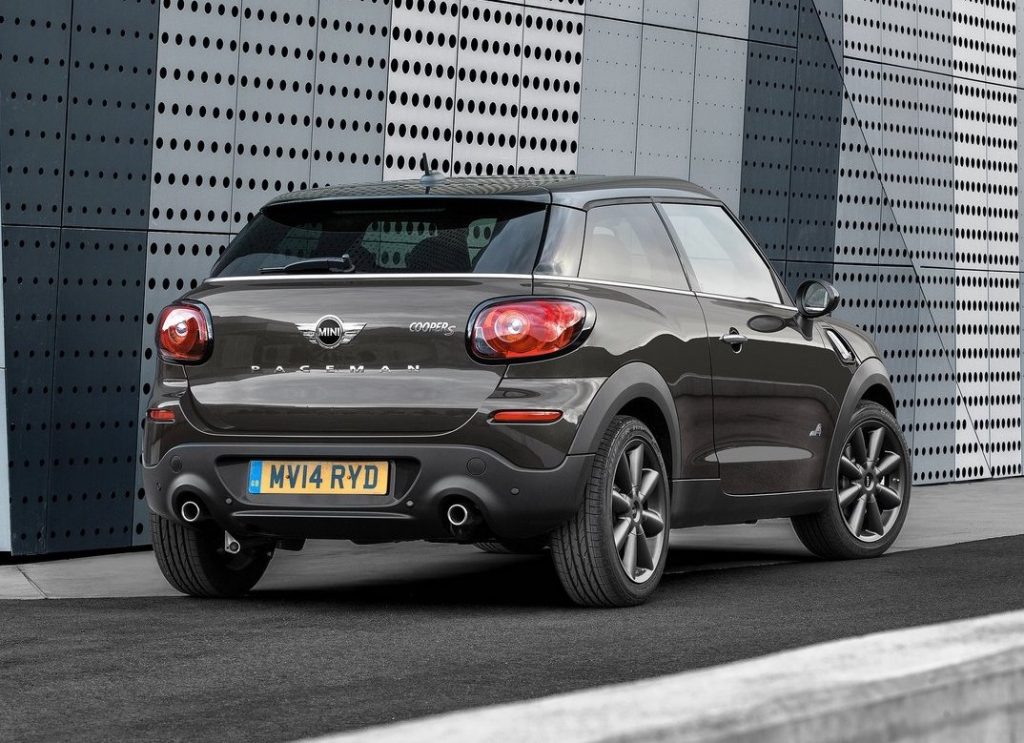
2014
- The first MINI 5-door is launched.
- One of the Great Britain’s largest roof-mounted solar farms is installed at MINI Plant Oxford. On the roof of the bodyshop, the solar farm has more than 11,500 panels, covering 20,000 square metres (five football pitches). It generates enough electricity to power the equivalent of 850 households (over 3 megawatts). This allows Plant Oxford to reduce its carbon footprint by approximately 1,500 tonnes of C02 per year.
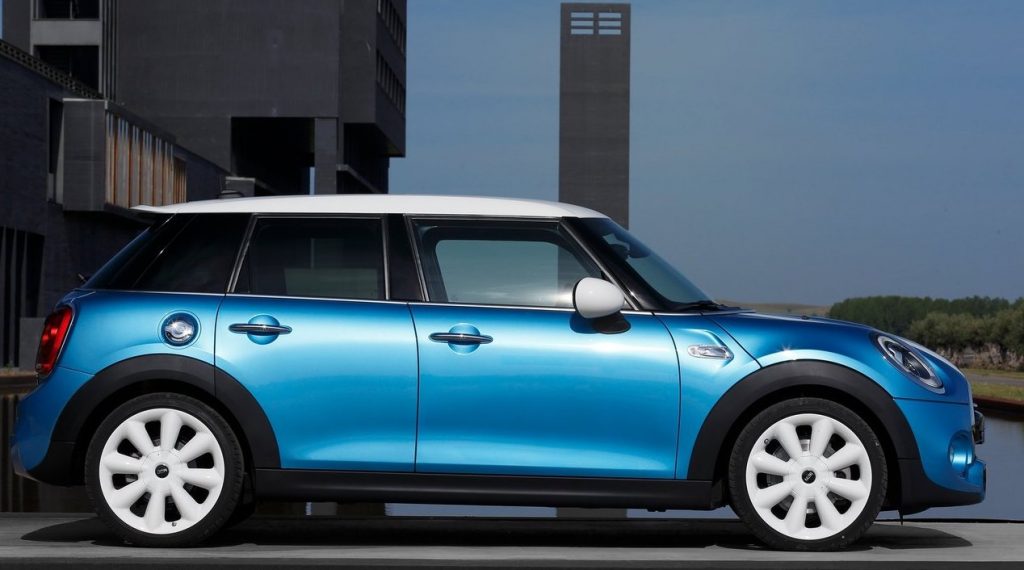
2016
- The latest generation of the MINI Convertible is announced.
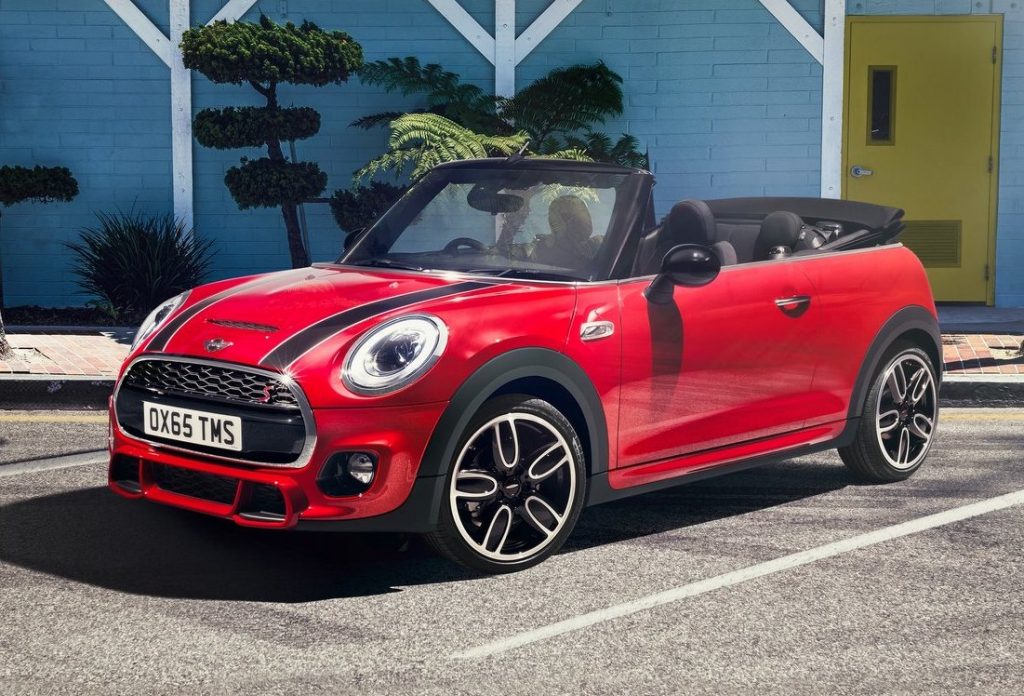
2017
- The second generation of the MINI Countryman is unveiled.
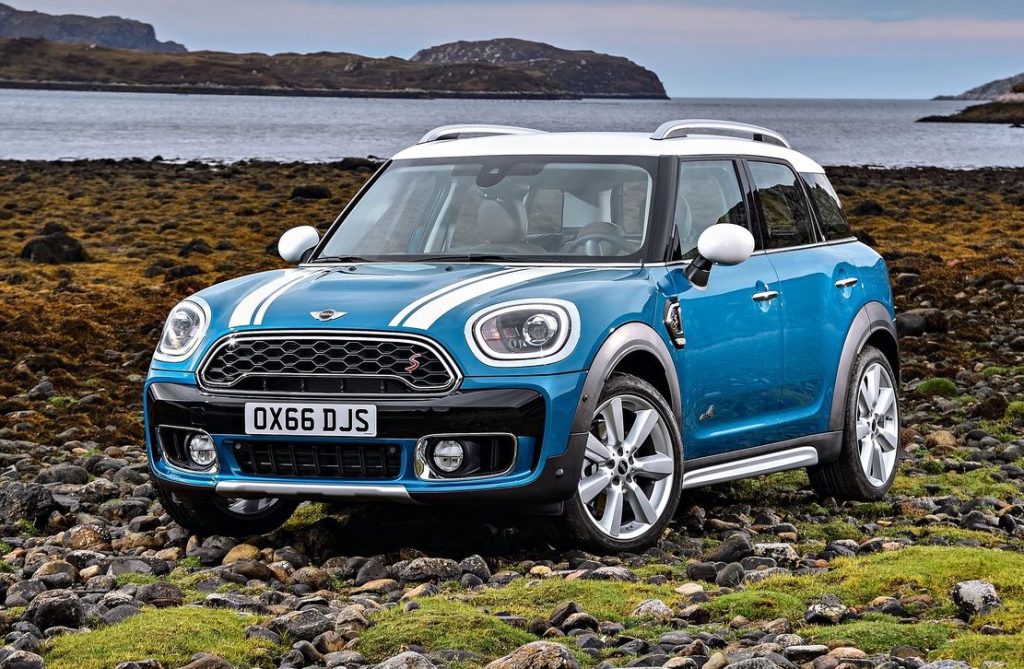
2019
- The MINI plant in Oxford builds its 10,000,000th MINI.
- Two new highlights in the model range are announced: the third MINI John Cooper Works GP and the brand’s first fully electric production vehicle, the MINI Cooper SE.
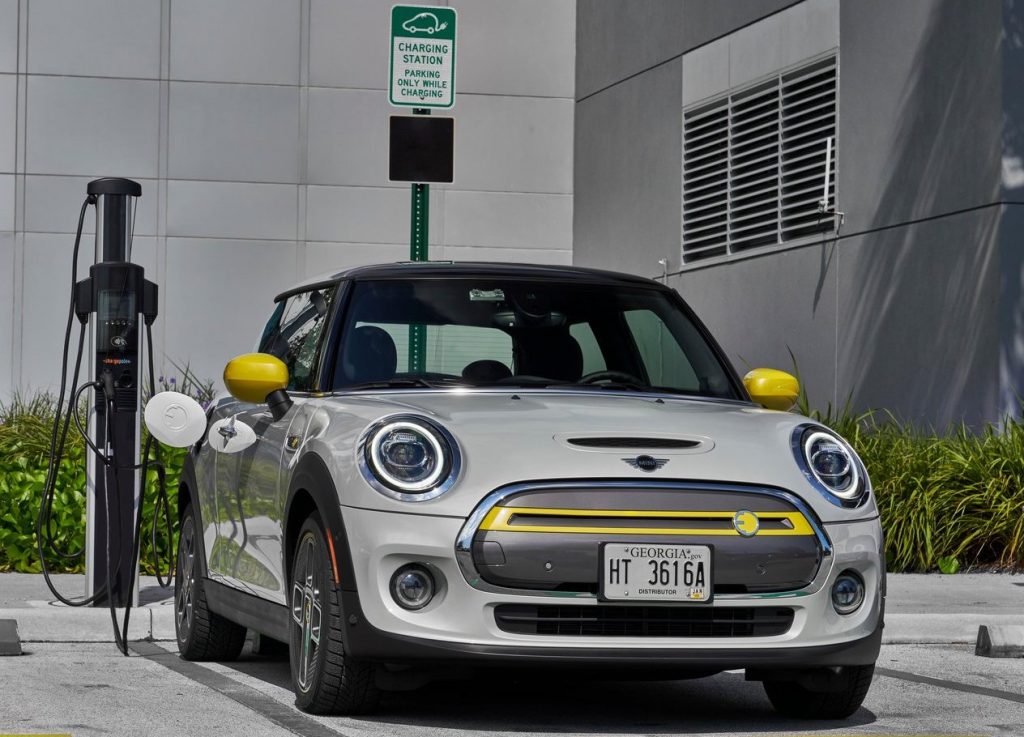
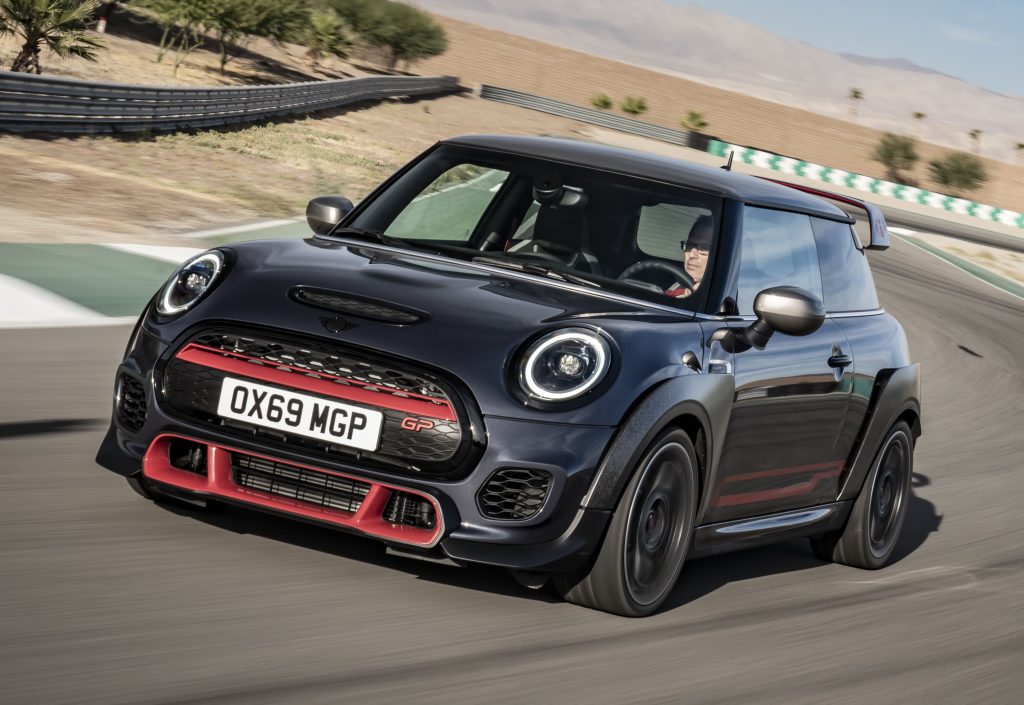
January 2020
- Production of the MINI Cooper SE begins at the Oxford plant. The purely electric MINI is fully integrated into the production process. This makes it the first BMW Group plant to run electric vehicles on the same line as the models with combustion engines, enabling flexible production in line with global demand.
- By the end of 2020, a total of 17 580 vehicles had been sold and delivered to customers around the world.
October 2020
- MINI announces future product plans and new strategy, focusing on electromobility, introduction of a new crossover model and production of models in China from 2023 onwards.
March 2021
- MINI confirms that the brand’s last model with an internal combustion engine will be presented in 2025. From the early 2030s, the brand will drive exclusively electrically.
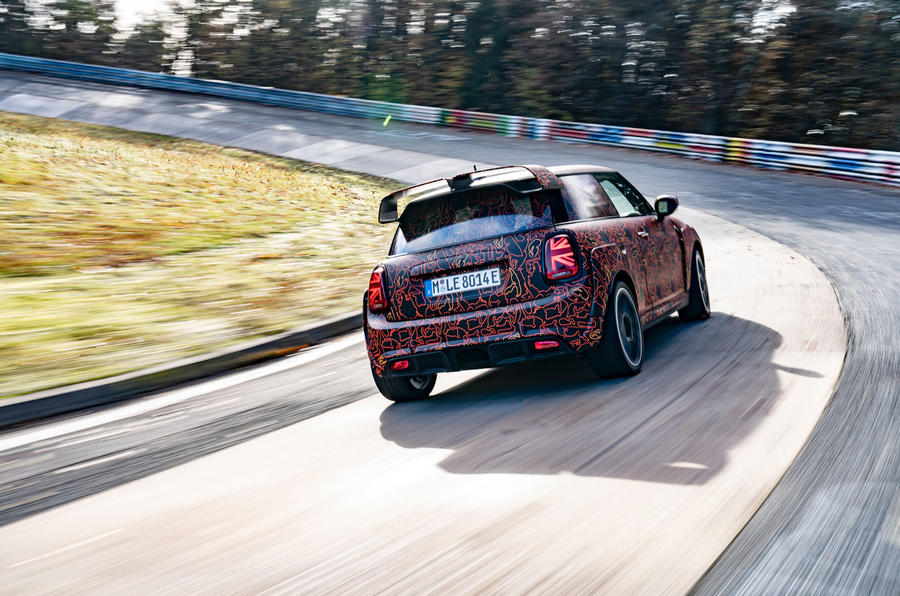
PRESS RELEASE: The MINI brand and the BMW Group’s British production plants in Oxford and Swindon celebrate 20 years of production of the original in the small car premium segment for the 21st century.
A success that has now lasted two decades: At the beginning of 2001, the production of MINI body parts started in Swindon. And a little later, on 26 April 2001, the first new MINI rolled off the production line in Oxford. Since then, MINI has built more than five million premium cars in Great Britain. At the Oxford plant alone, the MINI 3-door, the MINI 5-door and the MINI Clubman as well as the fully-electric MINI Cooper SE are currently being built – all together on the same production line.
BMW Group Chairman of the Board of Management Oliver Zipse was in charge of manufacturing at the MINI plant in Oxford from 2007 to 2008. On the occasion of the 20th anniversary of the start of production, he says: “Congratulations to everyone at MINI Plants Oxford and Swindon for reaching such a great manufacturing milestone. I still have very fond memories of my time at Oxford. It was a real pleasure to work at the home and heart of the MINI brand with such engaging and passionate people, nearly one quarter of whom have dedicated these 20-years or more to building our cars.”
Currently, more than 4,500 highly qualified employees work at the MINI plants in Oxford and Swindon, including 130 apprentices. Together, this strong team ensures that around 1,000 MINI are born on the island every day – one every 67 seconds.
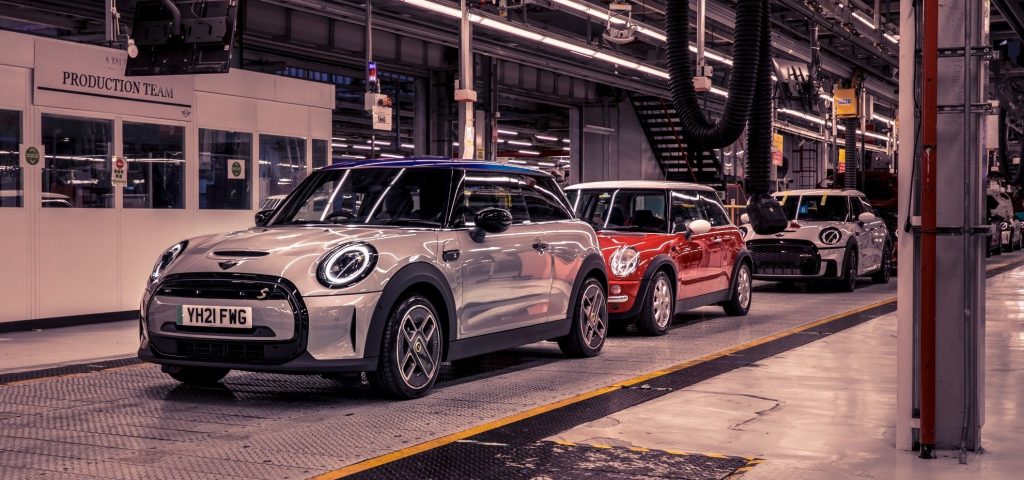
Peter Weber, Managing Director of Plants Oxford and Swindon since 2019, adds: “I am extremely proud of our teams at Oxford and Swindon and the incredible job they do. Their continued commitment and passion over the past 20 years has helped to strengthen MINI´s reputation around the world.”
Plants Oxford and Swindon already have a very long tradition as production sites: Cars have been built there for 65 years (Swindon) and even 108 years (Oxford). For a long time this was done quietly, but in recent years the Oxford plant has developed into a magnet for tourists. In the meantime, the award-winning MINI factory tour there has delighted around 26,000 MINI fans.
The Oxford plant took an energetic step into the future in 2020 when the MINI Cooper SE, the brand’s first fully electric model, rolled off the production line.
And that was just the beginning: By the early 2030s, MINI will be the first BMW Group brand whose entire model range will be powered exclusively by electricity. Over the past 20 years, the Oxford and Swindon plants have played a decisive role in making MINI production more sustainable and are indispensable for the BMW Group’s strategy to further reduce emissions.
